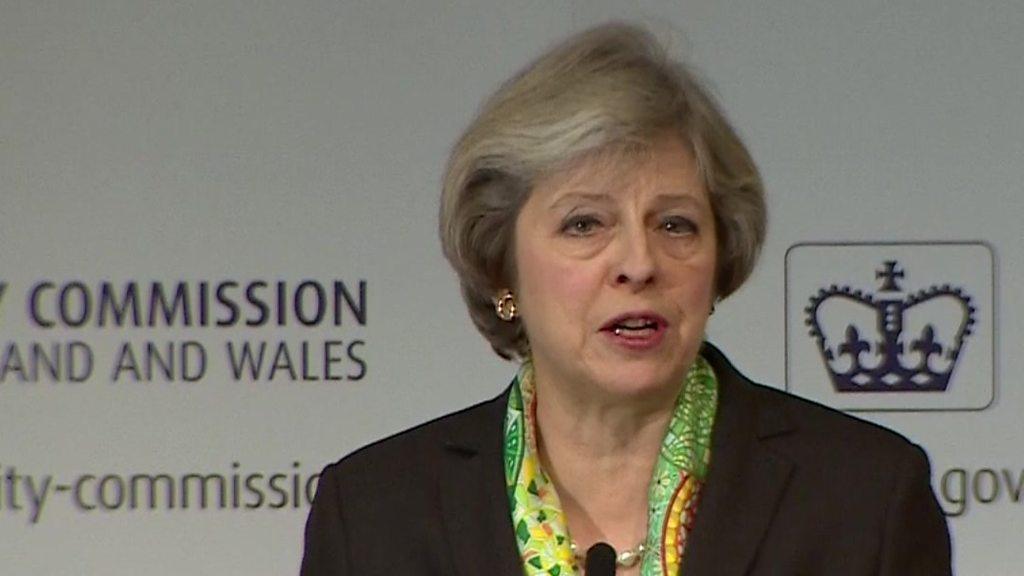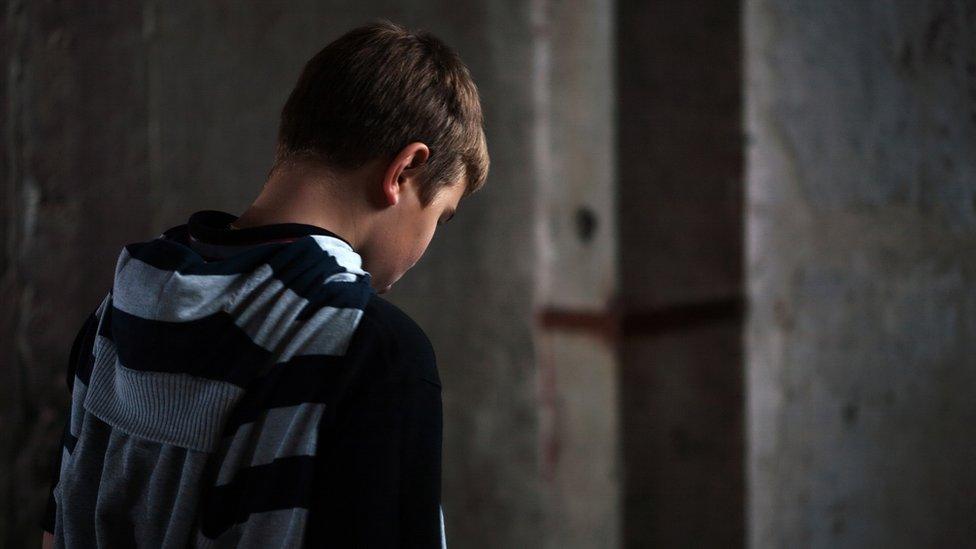Funding 'key' to school mental health plan, say heads
- Published

Teachers are often the first to spot mental distress in pupils, say teachers' unions
Schools have long been at the front line when it comes to identifying and helping children with mental heath problems, say head teachers.
"School is often where issues first become apparent, and a school is often a parent's first port of call if they are looking for support," said Russell Hobby, general secretary of the National Association of Head Teachers.
Many schools already provided their own support on site, but in England a squeeze on school budgets and "chaos" in overloaded NHS mental health services posed significant barriers to getting young people the help they needed, said Mr Hobby.
This meant schools "often face serious difficulties in referring young people to Child and Adolescent Mental Health Services", said Malcolm Trobe, interim general secretary of the Association of School and College Leaders.
"There is simply not enough provision and families face excessively long waiting times," said Mr Trobe.
Both unions said it was crucial that the government's plans were adequately funded.
"Moves to make schools more accountable for the mental health of their pupils must first be accompanied by sufficient school funding and training for staff and should focus only on those areas where schools can act, including promotion of good mental health, identification and signposting or referrals to the appropriate services," said Mr Hobby.
Chris Keates, general secretary of the NASUWT teachers' union, agreed that teachers were often the first to spot signs of mental distress in pupils.
"The step-change that is needed in relation to children's mental health will not be possible without recognition from government that schools and other services need the time, resources and funding which ensure that no child has their life blighted by mental ill health," said Ms Keates.
- Published9 January 2017

- Published9 January 2017
